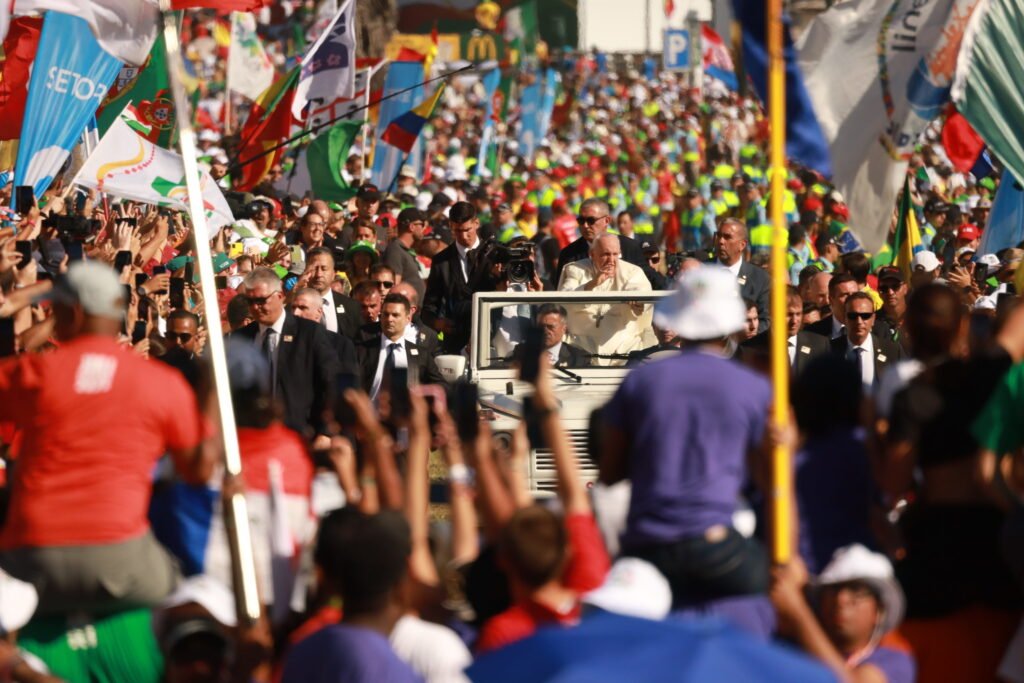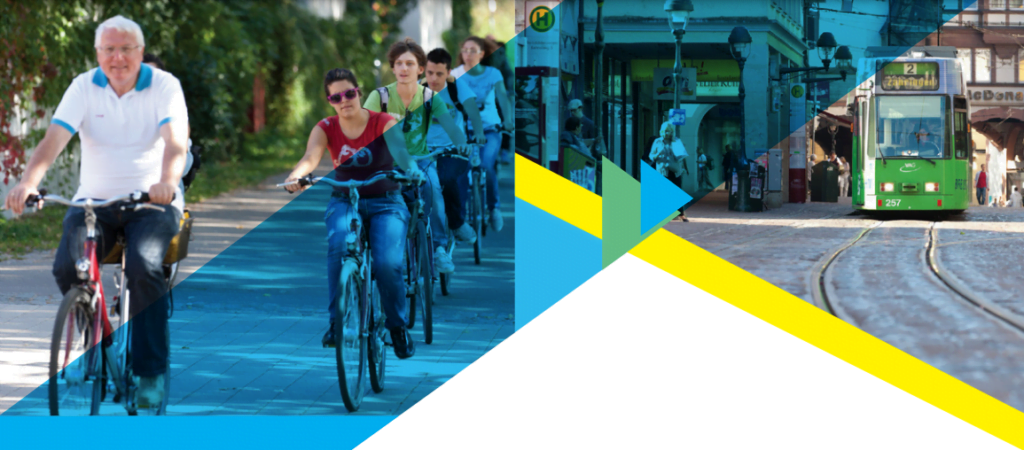Urban and regional mobility plan for the Autonomous Region of Madeira

VTM developed the Urban and Regional Mobility Plan for Touristic and Other Special Events (PURMET) that occur in the Autonomous Region of Madeira (ARM). The ARM is an archipelago located in the Northern Atlantic, and has a strong tourism vocation with growing demand levels.
PURMET included four touristic and cultural events, namely Flower Festival (Festa da Flor) in Funchal, Columbus Festival (Festival Colombo) in Vila Baleira, Porto Santo, Wine Festival (Festa do Vinho) in Estreito de Câmara de Lobos, and Medieval Market (Mercado Quinhentista).
The project consisted of four main phases and included the diagnosis and characterisation of local and regional mobility and transport systems, definition of sustainable mobility scenarios, objectives and targets to mitigate the identified mobility issues, as well as sustainable mobility solutions and monitoring programmes for each of the four events.
The sustainable mobility solutions include strategies to reduce and regulate individual transport for people and goods while increasing the use of more sustainable transport modes before, during and after the events, in line with the main European, national, and regional sustainable mobility guidelines. 25 specific objectives and 20 concrete actions per event were developed, in 9 thematic areas (Public Transport, Individual Transport, Soft Modes, Taxis, Parking, Logistic Activity, Energy Efficiency, Spatial Planning, Promotion and Governance). Such actions are guiding within the upcoming 10 years the intervention strategy in the field of sustainable mobility during these events and others that occur in the ARM.
Related case studies
All case studies
Mobility and transport plan for the World Youth Day, Lisbon 2023
The Portuguese Government established a team to coordinate and prepare many of the aspects of the World Youth Day 2023, in Lisbon. WYD is the largest Catholic event, bringing together hundreds of thousands, even millions, of young people from all over the world for various meetings with the Pope. VTM was chosen to develop the […]

Sustainable Urban Integrated Transport Systems: Transferable tools for S-M local authorities (SUITS)
Previous EU projects identified systematic failures in the capacity of local authorities and their partners – lack of infrastructure, critical mass and resources and poor data collection and analysis. This capacity deficit is a handicap in implementing sustainable transport measures, causing the loss of social and economic well-being for citizens. Withtechnological and mobility changes, there […]
